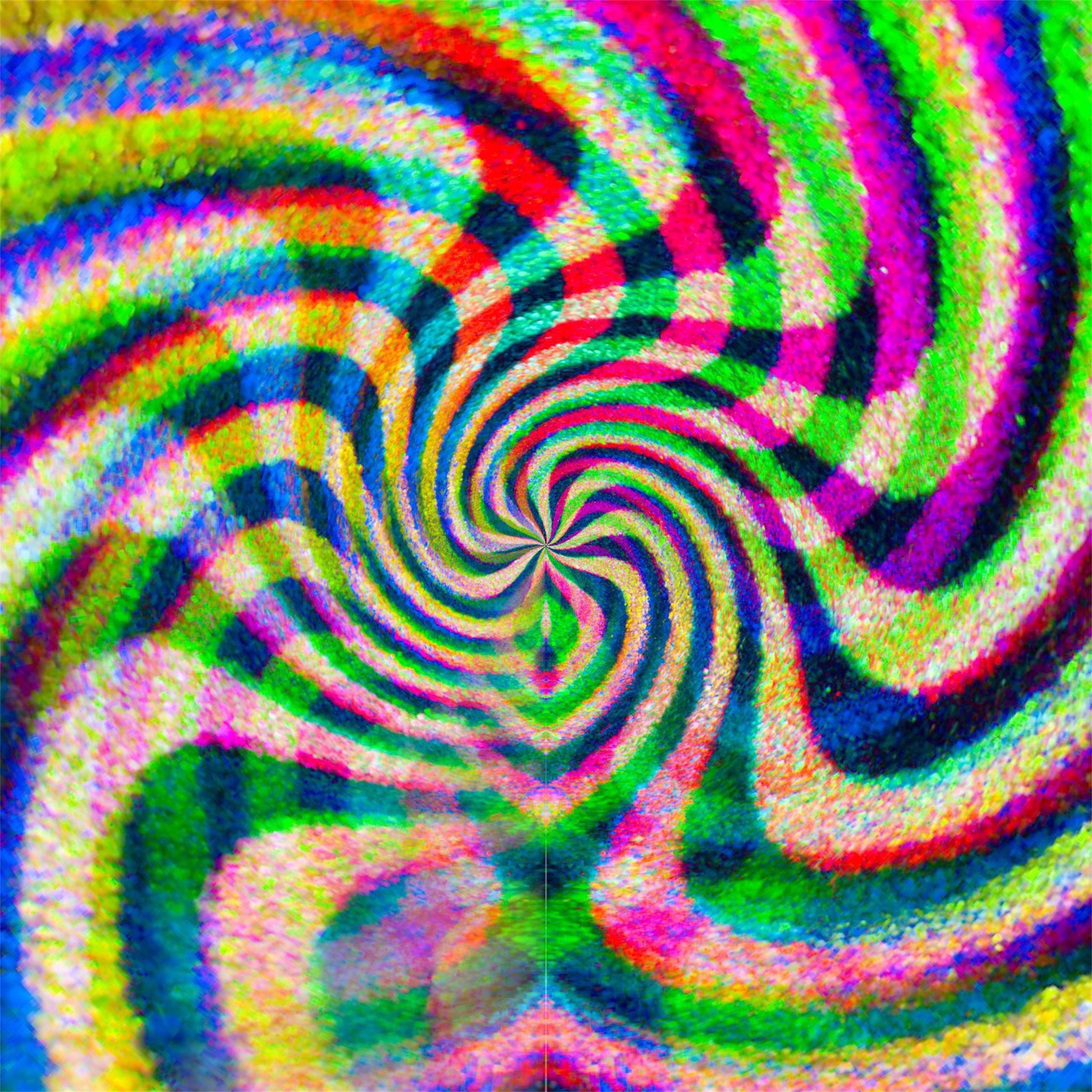What You'll Learn:
- Understanding withdrawal symptoms of hallucinogens.
- Hallucinogen examples and their effects.
- Exploring the short-term and long-term effects of hallucinogens.
Hallucinogens have been used for centuries for their mind-altering effects. While often perceived as less harmful than other substances, hallucinogens can have serious and sometimes deadly consequences, especially when it comes to withdrawal. Understanding these aspects is crucial for those struggling with addiction and seeking to make informed decisions about their health.
What Are Hallucinogens?
Hallucinogens are a class of drugs that cause profound changes in perception, mood, and thought. These substances work primarily by disrupting communication between neurotransmitter systems in the brain, particularly those involving serotonin. This disruption leads to altered sensory experiences and hallucinations.
Hallucinogen examples include:
- LSD (Lysergic acid diethylamide): A potent hallucinogen known for its intense visual and auditory hallucinations.
- Psilocybin: Found in certain mushrooms, commonly referred to as magic mushrooms or shrooms.
- Peyote (Mescaline): A cactus plant that produces mescaline, used in Native American religious ceremonies.
- DMT (Dimethyltryptamine): A powerful psychedelic compound found in some plants and animals.
- MDMA (Ecstasy): Though primarily a stimulant, it also has hallucinogenic properties.
Are Hallucinogens Addictive?
The answer is not straightforward and requires a nuanced understanding:
- Physical Addiction: Unlike substances such as opioids or alcohol, hallucinogens are not typically associated with physical addiction. Users do not usually develop a chemical dependency or experience severe withdrawal symptoms.
- Psychological Dependence: While physical addiction is rare, psychological dependence can occur. Individuals may become dependent on the experiences and emotional insights gained during hallucinogen use, leading to repeated use.
- Tolerance: Frequent use of hallucinogens can lead to tolerance, where higher doses are needed to achieve the same effects. However, this tolerance typically diminishes after a period of abstinence.
Short Term Effects of Hallucinogens
The short-term effects of hallucinogens can vary widely depending on the specific substance, dosage, and individual. Common effects include:
- Altered Perception: Changes in visual, auditory, and tactile sensations. Users may see vibrant colors, patterns, or experience synesthesia (e.g., hearing colors).
- Emotional Shifts: Intense emotions, ranging from euphoria and awe to anxiety and paranoia.
- Cognitive Changes: Altered thought processes, including a sense of expanded consciousness or profound insights.
- Physical Symptoms: Nausea, increased heart rate, sweating, dizziness, and in some cases, tremors.
While these effects are often sought after by users, they can also lead to dangerous behaviors or accidents due to impaired judgment and perception.
Long Term Effects of Hallucinogens
The long-term effects of hallucinogens are less well-studied but can include:
- Persistent Psychosis: Some individuals may develop long-lasting psychosis, including visual disturbances, disorganized thinking, and paranoia.
- Hallucinogen Persisting Perception Disorder (HPPD): A condition characterized by ongoing visual disturbances, such as flashes of color or trailing images, long after the drug has been used.
- Mental Health Issues: Chronic use of hallucinogens can exacerbate existing mental health conditions or contribute to the development of new issues such as anxiety and depression.
Withdrawal Symptoms of Hallucinogens
The withdrawal symptoms of hallucinogens can be challenging and sometimes deadly. Although hallucinogens are not typically associated with physical withdrawal symptoms like those seen with alcohol or opioids, psychological withdrawal can be severe:
- Anxiety and Depression: Users may experience significant anxiety, depression, and mood swings as the brain readjusts to normal serotonin levels.
- Flashbacks: Some individuals may experience flashbacks or recurrences of the hallucinogenic experience, causing distress and confusion.
- Sleep Disturbances: Insomnia or other sleep-related issues can occur, contributing to overall mental and physical health decline.
- Cravings: Psychological cravings for the drug's effects can lead to repeated use, increasing the risk of long-term harm.
Safety and Risks
While hallucinogens may not be as physically addictive as other substances, their use is not without risk. The altered states of consciousness they produce can lead to dangerous behaviors, accidents, and acute psychological distress. Furthermore, the potential for long-term mental health issues underscores the importance of cautious and informed use.
If you or a loved one is struggling with addiction or the withdrawal symptoms of hallucinogens, it's crucial to seek professional help. At American Recovery, we offer comprehensive programs to support individuals in their journey to recovery. Contact us today at 866-484-2502 to learn more about how we can help you navigate these challenges and regain control of your life.


